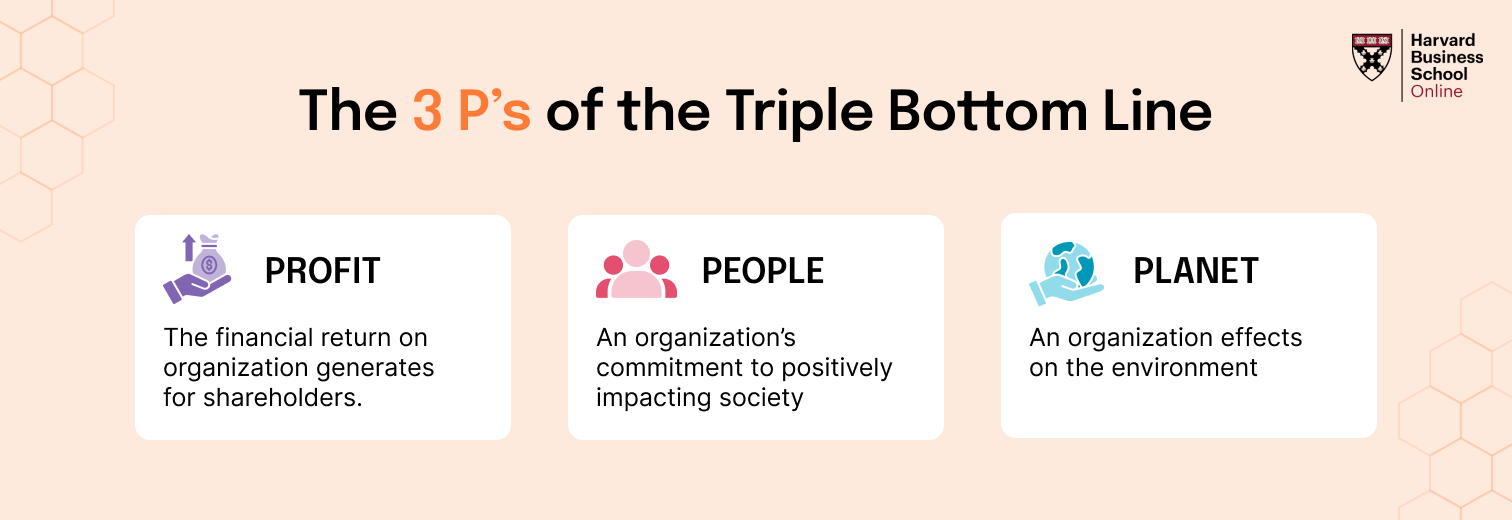What is wrong with traditional leadership frameworks?
If you read contemporary Leadership Development literature, you will notice quite a few commonalities. Most of the literature focuses on personality traits and behaviors that leaders need to demonstrate on a regular basis. Some of them are quite well researched and easy to understand. Many of them also offer fairly descriptive behavioral indicators of leadership to practice. The Leadership Challenge Framework by Kouzes and Posner is one of my favorites. Not only is it one of the most well researched frameworks, the five practices of Exemplary Leadership have stood the test of time in understanding leadership as a set of behaviors to put into practice.
The Kouzes Posner model has 5 simple practices.
- Model the Way
- Inspire a Shared Vision
- Challenge the Status Quo
- Enable Others to Act
- Encourage the Heart
The Flaws in Traditional Leadership Models
Yet, I am increasingly seeing something quite disturbing about the way many of these models are practiced in reality. All these leadership frameworks seem to have one thing in common - the assumption that leaders will do the right thing and behave ethically. Unfortunately, what seems like basic hygiene regarding ethics in leadership does not seem like the reality today. Every week, there seems to be one leadership scandal or the other about a CEO doing something unethical. And these range from cooking the books for personal gain to taking decisions that compromise the larger good of the environments they operate in. Satyam in 2009 (will never get over the irony of the name!) is one that still shocks people at the scale at which wrongdoing had pervaded an entire organization. Sahara Group, Karvy and many more institutions have been rocked by scandals that are too big to have happened without a massive failure of leadership, and specifically ethics in leadership.
The Need for Ethical Leadership
I have a friend who likes to joke that most leadership frameworks are also applicable for dictators and criminals. They model behaviors that are divisive, inspire a vision of the future that is worse off or discriminatory, challenge the laws of the land, bring people up in arms often for unjustified causes and recognize such behavior in their followers. Sad but true! Where are we going wrong? In the case of the TLC, the research also captures integrity in leadership as one of the key aspects of successful leadership although the five principles may not explicitly state it. It is kind of common sense, right? If recent events in the political landscape of the world and the large scandals that have rocked the corporate world are any indication, being ethical, sadly, seems like a leadership superpower.
Learning from Real-Life Leadership Challenges
Yet, it is not all doom and gloom. There are enough examples sprinkled through the past years that offer hope. In April 2018, two young African-American entrepreneurs, Donte Robinson and Rashon Nelson, were waiting at a Starbucks in Philadelphia when a manager called the police on them after they did not order anything. They were arrested and the incident went viral on social media as an example of people of color being mistreated. Starbucks was reeling from the potential fall out when the CEO, Kevin Johnson, stepped in and released a video publicly apologizing. “This is not who we are,” he said. Starbucks went a step further and closed all their US Stores for 4 hours to start off a training session to address systemic biases (The estimated P&L Impact was $ 12 million). Clear messaging from the leadership - Correcting such an error requires not only humility but also the moral courage to do the right thing even if it costs us.
Closer home, if you had to think of a company or brand with integrity in India which would it be? For many people including me, it would be Tata Group. That is the result of decades of ethical corporate leadership and being known to do the right thing. It used to be a fairly well known anecdote that Tata officials could not be coerced into ignoring wrongdoing by bribery. That is a fabulous leadership brand to build!
Adopting a Sustainable Leadership Approach
It is said that a rising tide lifts all ships. While the business environment is good, it is easy to overlook seemingly insignificant behavioral issues. However, in bad times, these can sink a company - and there are many examples today even in the startup ecosystem across the world.
So what can leaders do? Interestingly, the sustainability world offers guidance. As leaders, can you look at a broader heuristic like the triple bottom line in your decision making?
If any decision of yours negatively impacts one of the three Ps, you possibly need to relook at the options presented to you and make a call. Or perhaps, assign a score on each of these 3Ps and set a threshold for any important decision that you make using that lens. And this is true regardless of the scale and nature of your business. If you are a D2C startup, can you also focus on reducing packaging waste (Planet) and providing fair labor practices(People)? If you are a software firm, can you cut down on your carbon footprint (planet) by using energy efficient technology while having inclusive hiring practices (People)? Unilever is one company which has done this really well. Its Sustainable Living division, which aims to integrate sustainability into the group's products and values has proved that sustainability can drive business profitability. The brands in the division grew 69% faster in 2018 than the rest of the business. Similarly, Deloitte India recently unveiled an Enterprise Conscious Code initiative for software development that aims to cut up to 30 percent of the emissions attributed to software alone.
While these make logical sense, it starts with the Leadership Team, especially the CEO. When the times are tough, do you still use all the three lenses to make decisions? If we choose to “forget” and focus only on profits, we are likely to take unethical shortcuts that damage one of the Ps significantly.
The Path Forward for Leaders
What are your suggestions for leaders in this regard? How can we foster leadership that emphasizes ethics, sustainability, and long-term value creation?




